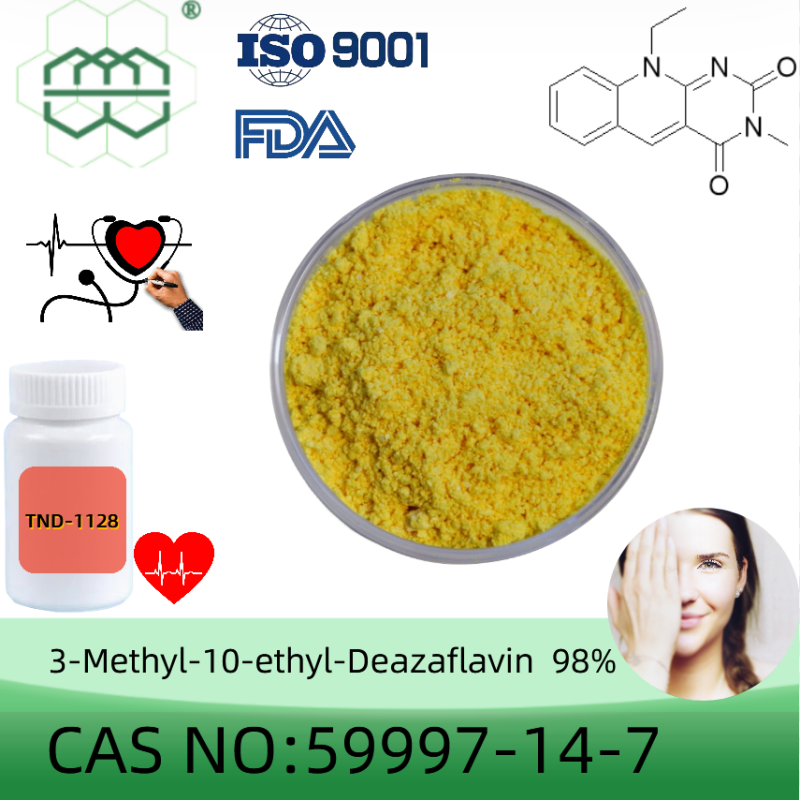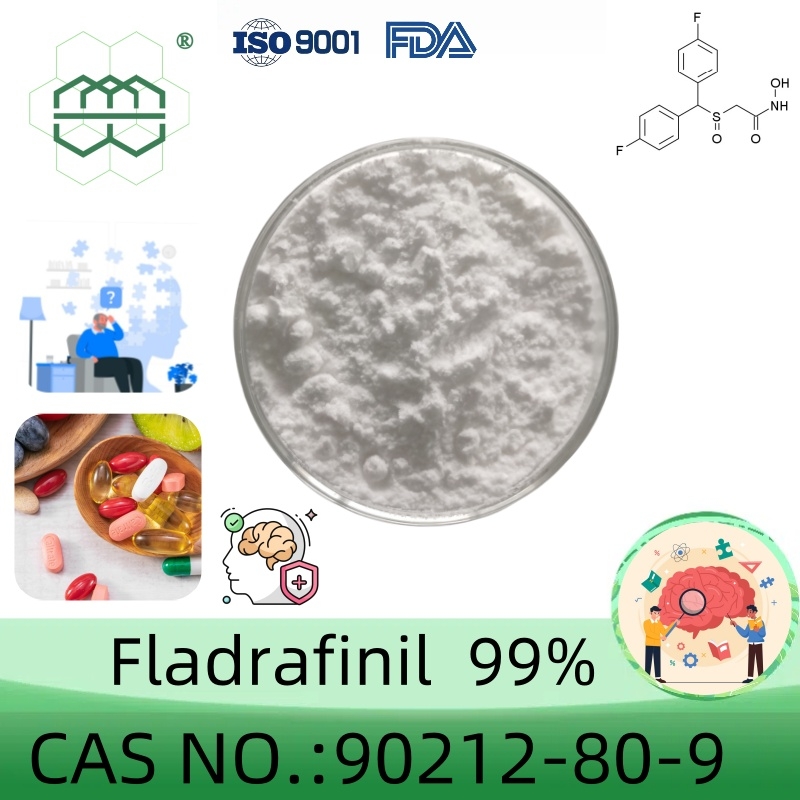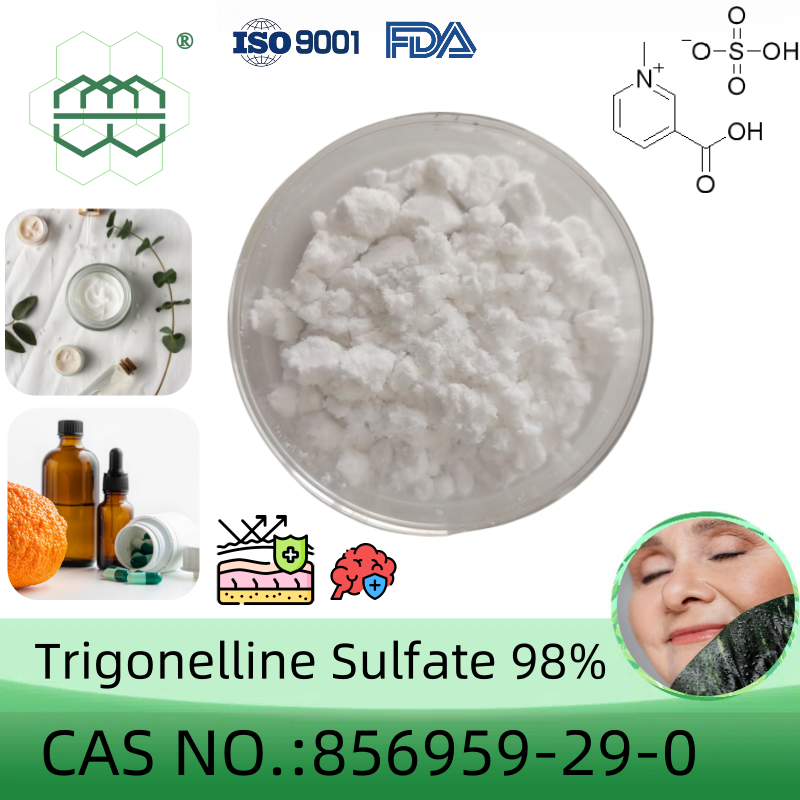-
Categories
-
Pharmaceutical Intermediates
-
Active Pharmaceutical Ingredients
-
Food Additives
- Industrial Coatings
- Agrochemicals
- Dyes and Pigments
- Surfactant
- Flavors and Fragrances
- Chemical Reagents
- Catalyst and Auxiliary
- Natural Products
- Inorganic Chemistry
-
Organic Chemistry
-
Biochemical Engineering
- Analytical Chemistry
-
Cosmetic Ingredient
- Water Treatment Chemical
-
Pharmaceutical Intermediates
Promotion
ECHEMI Mall
Wholesale
Weekly Price
Exhibition
News
-
Trade Service
Colorectal cancer (CRC) is a tumor with a high incidence worldwide, especially in economically developed areas, where the incidence and mortality rate continue to rise
At present, we know that the risk factors of colorectal cancer are closely related to eating habits
It is a high-fat, high-protein, high-calorie diet, less dietary fiber, and less exercise
A recent report by the World Cancer Research Fund and the American Cancer Institute pointed out that foods containing dietary fiber, especially whole grains, can reduce the risk of CRC
Simply put, the dietary fiber contained in whole grains can effectively prevent colorectal cancer!
On July 3, 2020, the American Journal of Clinical Nutrition also published a study:
Data from nearly 500,000 people show that whole grains, grain fiber and folic acid can prevent colorectal cancer
Today we will discuss: What is a whole grain? What should I pay attention to in my daily diet?
Let's take a look at this research first:
The study followed nearly 500,000 middle-aged and elderly subjects in the United States for 16 years (this is the largest prospective cohort study to date) and found:
Intake of whole grains and grain fiber (rather than dietary fiber from other sources) is associated with lowering the risk of colorectal cancer
Studies have shown that eating whole grains can prevent colorectal cancer
A total of 479,000 American subjects aged 50-71 years (285,000 men and 193,000 women) were selected and followed up for 16 years to investigate the intake of whole grains and dietary fiber through questionnaires;
In the annual follow-up of 6.
After adjusting for age, gender, race, BMI (body mass index), alcohol intake, smoking, red meat/processed meat intake, folic acid intake and other potential interference factors, whole grain (non-dietary fiber) intake and rectal cancer (Especially rectal cancer) The risk of onset is significantly negatively correlated;
Adequate intake of whole grain fiber can significantly reduce the risk of colorectal cancer (especially distal colon cancer and rectal cancer), reducing the risk by 8% to 20%
People with normal weight, never smoked, rarely drink alcohol, supplemented with calcium, folic acid, and eat little or no red meat or processed meat are less likely to develop CRC
What is a whole grain diet?
The concept of whole grains is defined by the American Association of International Cereal Chemists (AACCI) as:
The basic components of whole caryopsis, crushed caryopsis, broken caryopsis or crushed caryopsis include starchy endosperm, germ, bran, etc.
In other words, after rough processing and shelling (such as rice bran, wheat bran), no refining, no addition, no ingredients are removed, and the original proportion and integrity of the grain are retained
For example, wheat pulverized with the most primitive noodle machine, without the bran removed, is whole grain
Another example is rice
The 2016 Dietary Guidelines for Chinese Residents is defined as:
Grain A grain that has not been refined, or although it has been milled, crushed or tableted, it still retains the bran, germ, endosperm and natural nutrients of the whole grain
In other words, our common grains, such as rice, wheat, corn, millet, sorghum, etc.
Common whole grains include: corn, black rice, oats, sorghum, buckwheat, millet, brown rice and so on
Foods cooked with whole grains are whole grain foods, such as brown rice, oatmeal, and whole wheat bread
.
Differences in nutrient content, such as comparison of semolina and refined flour:
The difference in dietary fiber is 4 times, vitamin B1 is 2 times, potassium is 3 times, iron is 2.
5 times, and ash is 3 times
.
Of course, in today's society, it is really not easy to eat 100% whole grains, but as long as you eat staple foods such as rice and flour every day, it will be better if you don't have it too refined
.
For some processed foods, Europe and the United States have a judgment standard, namely "whole grain label":
Unfortunately, there is no corresponding label in some countries, but some domestic companies have also applied for this label
.
As for the whole grains and whole grain products claimed by merchants, it is difficult to say how many whole grains they contain
.
Even if some foods are labeled as "whole grain", "100% wheat", "high fiber", "whole wheat", etc.
, they are actually just added with bran, without germ, and are not whole grains
.
Be careful when you buy
.
However, it doesn't matter if you can't buy real whole grains
.
You can eat more fruits, vegetables, beans and potatoes to supplement
.
To prevent colorectal cancer, you should eat like this!
The occurrence of colorectal cancer is the result of a long-term combined effect of many factors
.
Apart from heredity and genetic factors, other factors are within our control
.
As the saying goes, "the disease comes out of the mouth", and colorectal cancer is no exception
.
In addition to eating more whole grains, vegetables and fruits, you should also pay attention to the following points:
First, eat less or no food
1.
High-fat diet, especially animal fat;
2.
High animal protein diet:
3.
Red meat and processed meat: Red meat refers to beef, lamb, pork, etc.
and processed products
.
4.
Fried, grilled, pickled and fast food:
6.
Alcohol, cigarettes
Second, it is recommended to eat more food
1.
Whole grains, beans, potatoes, fresh vegetables and fruits
2.
Aquatic products
3.
Nuts
4.
Green tea and coffee
Summarize
The pathogenic factors of colorectal cancer are very complicated, and people have not fully understood its cause so far; diet prevention is only one aspect, other things such as strengthening exercise, maintaining a proper weight, and a happy mood are also very important;
To be honest, no matter how well you do it, it is impossible to stop it completely
.
Therefore, regular physical examination is the most important
.
At present, the most effective method is to have a colonoscopy before the age of 40, which can effectively prevent the occurrence of colorectal cancer
.
For high-risk groups with family history, intestinal polyps, inflammatory bowel disease, or gastrointestinal symptoms, more attention should be paid to colonoscopy
.
Polyps are a precursor to cancer and can be avoided by removal; even early bowel cancer can be cured under colonoscopy
.
Therefore, do colonoscopy as soon as possible, plus pay attention to diet and exercise, the Trinity can prevent it to the greatest extent!







